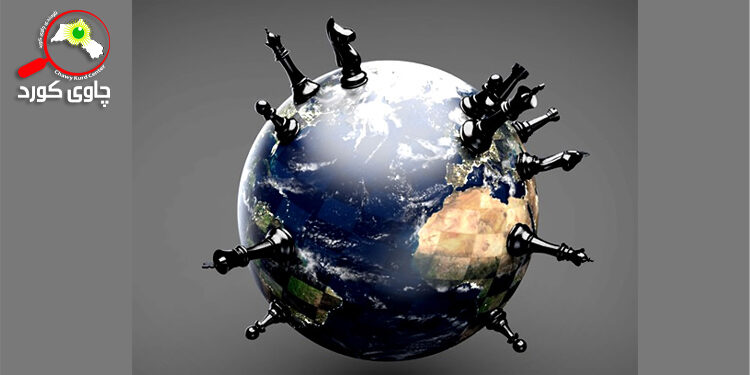Since 2008 financial crisis and the political turmoil of 2016, it has become clear to many that liberalism has failed. Many economists, who sought to renew their research on inequality and political scientists, were halted. Since that time, they turned to the problems of democracy, authoritarianism, and populism. But the Anglo-American liberal political philosophers had little to say in this regard. This silence is due to the nature of today’s political philosophy. After Plato, philosophers have continually asked many questions about the nature of justice. However, in the last five decades, political philosophers in the English-language world have been concerned with specific answers posed by American philosopher, “John Rawls”.
Is political philosophy, like liberalism, in crisis and in needs renewal?
John Rawls’ work in the mid-twentieth century invested a new paradigm or a new intellectual path in political philosophy. After him, philosophers began to discover new meanings of justice and equality in the context of the contemporary capitalist welfare states. Their attempts started through the use of influential concepts in order to structure ideal societies, a society that has largely been transformed into a version of post-war democratic societies. Under this paradigm, the philosophers are developed a set of moral principle’s abstract that provide supports of contemporary liberal philosophy. These ideas are designed to help the growing demand for justice and equality in the societies and institutions, and for individuals themselves.
If parts of liberal philosophy seem to be linked with the political structure of technocratic neoliberalism, others seem perfectly suited to dramatic inequality era. Confidently, liberal equality remains an unequaled resource for systems for behalf of organize, justify, distribute property and reduce inequality. During the years of what became known as the Third Way, where equality in politics is often ignored, but not overlooked by philosophers.
In the years after rise of liberal equality, the state has expanded, but it has also been privatized. The nature of capitalism and work has changed, and will likely continue to do so, in dramatic and unexpected ways. Politics is changing, as authoritarians, radical movements, and oligarchs struggle in an international circle, which have been created by financial institutions, new media platforms, new technologies, and climate change. Liberal egalitarianism have some tools for dealing with these changes, but these questions also require new frameworks that occur from those invented in periods of ideological war. It is also time to ask what kind of political philosophy appropriate to our times.





























































